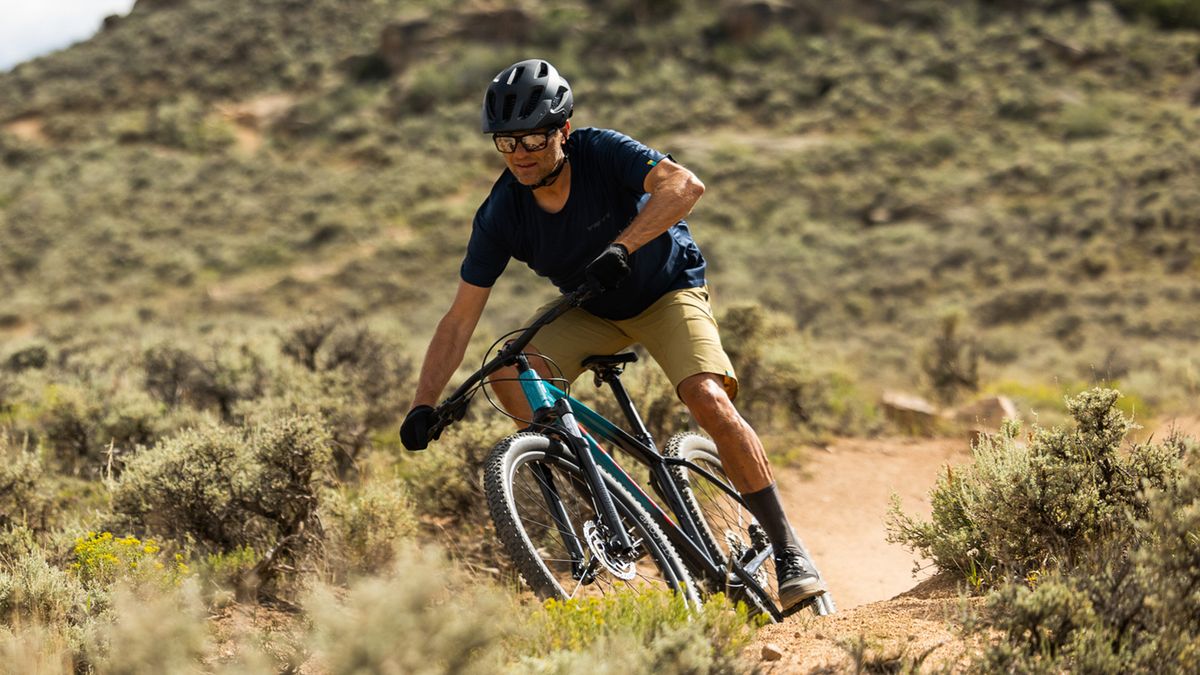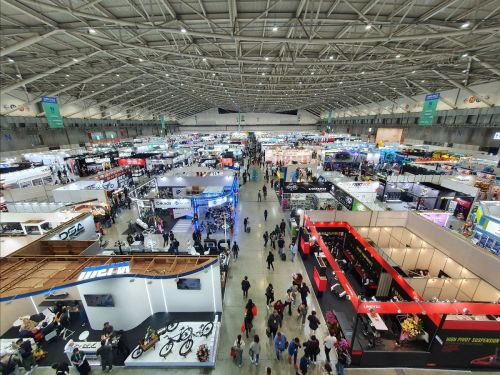From BRAIN the US bike biz trade magazine, headline & article March 6th:
Taipei Cycle attendees share opinions on Trek's impending cuts
TAIPEI, Taiwan (BRAIN) — Crazy. The right thing to do. A reckoning.
Those were some of the initial feelings from industry professionals — all but one off the record — who spoke to BRAIN at
Taipei Cycle on Wednesday local time about
Trek Bicycle's decision to "right size" the company by 10% because of declining sales and bulging inventory.
"I might be going totally against the grain what I'm going to tell you, but I think it's the right thing to do, and actually if I was in charge, I'd be doing it on a much bigger scale," said Steve Fenton, owner of Pro-Lite Manufacturing. "My opinion is that all (the big brands) have to do it."
BRAIN reported Tuesday that Trek President John Burke informed company leaders in an internal memo that in addition to the spending cuts, SKUs by 2026 model year will be 40% lower than 2024 model year.
"That's crazy," said one supplier at the show. "I mean, of course, I've heard from many customers that things are not good industry-wide. But this comes as a serious surprise, and I have contacts there (at Trek) and haven't heard this. Crazy."
That supplier said he has heard from his customers loud and clear. "The inventory channels are still full. I mean, still full. I've got customers that have just too much inventory still."
Burke's comment about the global bike market being "in chaos" with high wholesale and retail inventory levels resonated with Fenton.
"I agree, and that's because the industry is run by enthusiasts and not business people. There's too many monkeys and not enough organ grinders in this business," Fenton said. "I think I do speak from experience. And you've always got to face reality. You guys created this situation and you're going to have a helluva job sorting it out. Arrogance is one of the biggest killers in business."
High wholesale and retail inventory levels have led to "significant and continued" discounting, Burke wrote, something another supplier said is painful.
"I think it's the continuation of the reckoning. It's going to probably have some kind of negative effect on their retail community and their staffing. But I don't think that Trek is necessarily alone," said the supplier who asked to remain anonymous. "I think you'll see measures being taken across most brands on some level, trying to sort it out and picking up the pieces after COVID. I think a lot of people found themselves super exposed. And so they're trying to overcorrect to put together more of a conservative portfolio to mitigate against that happening again.
"There's various forms of chaos going on. And it really is unprecedented. It's like nothing I've ever seen in my 30 years."
Another supplier called the industry's current situation "a clearing of the deck, and some people who probably weren't financially stable in the first place hit it big and now all of a sudden can't figure out how to improve their business. I think that Trek and
Specialized and Giant and Pon owning stores really affects us as a small brand to try and be in a lot of places, but I gotta tell you, our direct business has never been bigger."
Hard times will continue because discounting is not working, another supplier said. Burke cited “significant and continued” discounting across the industry as a contributor to the decisions.
"Kona 2-for-1? Specialized 40% off? It's wild. Everybody has to have a conservative posture. We think the world of those guys at Trek. We don't want to see our competitors struggle."
Those companies that can diversify their portfolio are the ones who will be in the best position to survive, according to two suppliers.
"I think for us, because we have portfolio diversity, like in terms of the categories we sell, and they're the things that generally wear out, and then we have diverse sales channels like consumer direct, retail direct, distributors, so we've got a lot of different things in play. If we were just a tire brand, just selling to a distributor, man, that would be different. So going back to the economic principle of portfolio diversification has served us well."
Pro-Lite, which started as a wheel manufacturer, now manufactures frames, an indoor smart bike, precision tools — including levels for Greenlee — and even a pool cleaner for a company in Spain, said Fenton, who said he had an awakening following COVID.
"We've done really well in this business because we don't just make bike stuff. Now, as long as we're making stuff, we're making money and having fun," Fenton said.
"Specialized, Trek, Giant, all these guys, they have to stop kidding themselves. We're going to pick this up and get back to where we were before? Ain't gonna happen. Because what they've done is they've flooded the market with so many bikes at the lower price points that it's going to take generations for that to filter through. So, I personally believe that in the next five to 10 years, the industry is going to be totally different. And we know what we're good at. What we're not good at is grabbing big orders and high-volume stuff. That's never going to work for us."
Photo from this year's show courtesy of Taipei Cycle.



